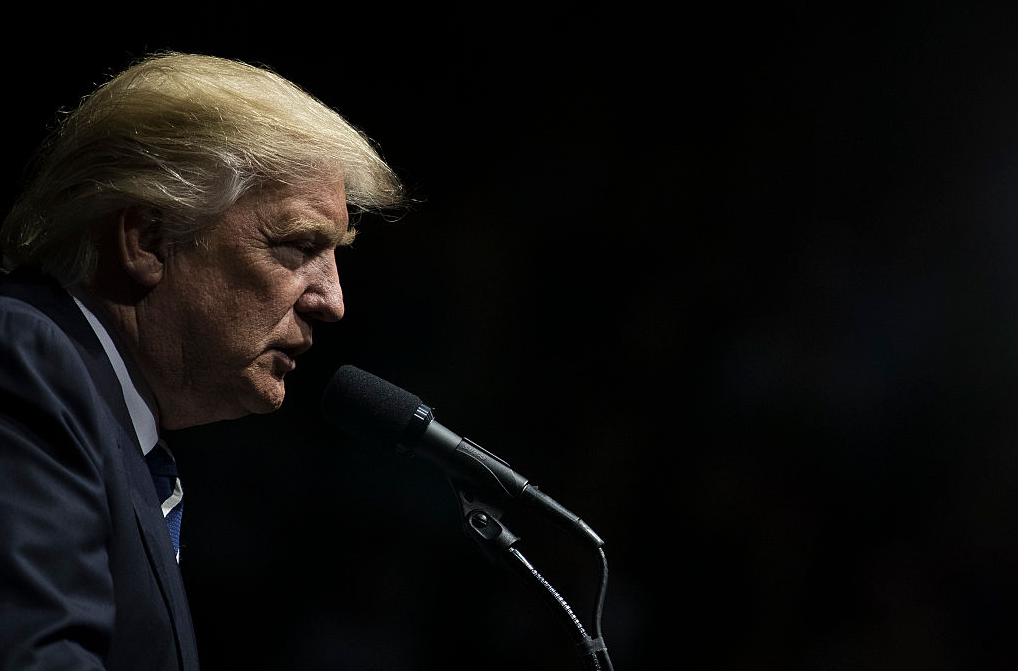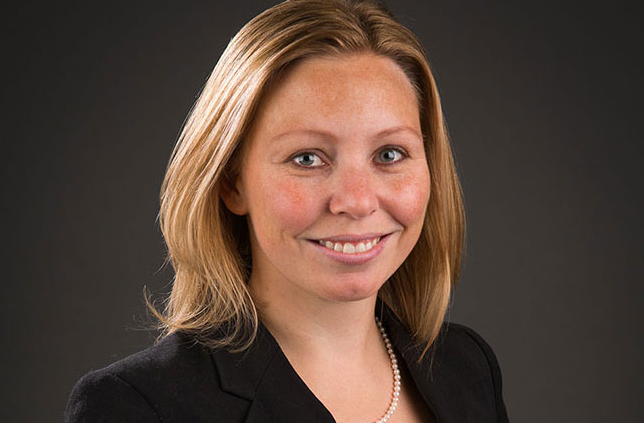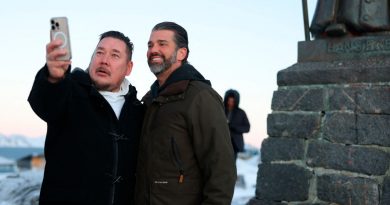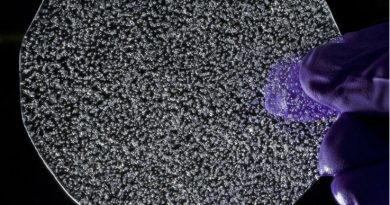Tourism, Trump & Arctic ice in a death spiral : 2016 Arctic Year in Review

The end of the year is a time to take stock.
Here at Eye on the Arctic, it’s also the time to check in with our bloggers, who’ve spent 2016 following and analysing Arctic news and events.
In this 2016 instalment of Eye on the Arctic’s annual Year in Review, we talk to our contributors about what got their attention, what took them by surprise, and what the media might have messed up along the way.
Up today is Heather Exner-Pirot, managing editor of The Arctic Yearbook.

Eye on the Arctic: How would you sum up Arctic news this year in just one word?
Heather Exner-Pirot: Shifting. The Trump election has thrown a wildcard into a lot of things. The ice seems to be going into a death spiral. Canadian Arctic foreign policy has been taking a noticeable shift with the joint declarations with the United States focusing more on the environment and climate change than its traditional focus on northerners.
What were the three most important Arctic stories of 2016?
- Voyage of the Crystal Serenity: They really had no problems. The same week they went through we found one of the wrecks from the Franklin expedition. There’s really that perfect juxtaposition there of very rich passengers enjoying their champagne and hors d’oeuvres and sailing through (the Northwest Passage) and on the the other hand, 150 years ago it was the most treacherous waters on the planet. My, how things have changed.
- Joint Trudeau-Obama statements on the Arctic: Obama and Trudeau jointly said they are going to ban oil drilling in Arctic waters. People are still talking about it. I think why it’s capturing my imagination is because Obama is a lame-duck president. Not a lot of people expect that in one month’s time American Arctic policy is going to be the same as it is now. So it will be very interesting to see what comes of that joint statement.
- Arctic sea ice is in a death spiral: It’s very alarming and maybe one of the biggest stories of the year, not just for the Arctic, but for the planet.
What was the one Arctic story or event of 2016 that you didn’t see coming?
Donald Trump. No one saw him coming. The Americans are hosting on the Arctic Council now. They’ve been focusing on climate change, the environment. What’s going to happen with all that? There are concerns. Are the values of the Arctic resilient enough to withstand a Trump-Putin-Tillerson collaboration in the region? We’ll have to see.
What will you be watching for in 2017?
- Finland taking over the Arctic Council.
- An agreement on scientific cooperation. This is probably going to be the crown jewel of the U.S. Arctic Council Chairmanship. It will make it easier for scientists from all countries to work and collaborate on Arctic science.
- A fishing agreement on the central Arctic Ocean. The Arctic Five states have already declared a moratorium that they will not fish in the central Arctic Ocean and they’re trying to get some of the other fishing nations to get involved. I expect in 2017 they’ll be able to come to a conclusion on that.
The above Q&A has been edited and abridged.
Listen to the full Eye on the Arctic interview with Heather Exner-Pirot:
Write to Eilís Quinn at eilis.quinn(at)cbc.ca



